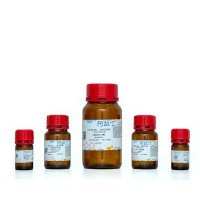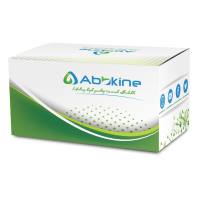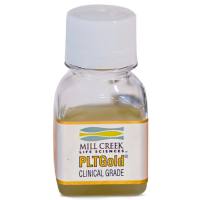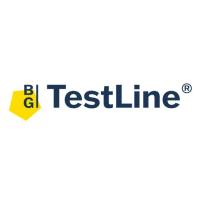Detection and Clinical Relevance of Antibodies After Transplantation
互联网
593
Until recently, the role of antibodies in graft failure has been hampered by poor methods of defining specificity. Development of solid phase assays using purified major histocompatibility complex (MHC) molecules has greatly advanced our ability to monitor anti-human leukocyte antigen (HLA) antibodies in patients and to distinguish between HLA and non-HLA antibodies. The purpose of this chapter is to describe the methods for detecting antibodies and what we have learned in recent years regarding the role of welldefined antibodies to HLA and non-HLA antigens. Use of the complement-dependent lymphocytotoxic test was instrumental in defining patients who are sensitized to donor HLA antigens, and it still plays a major role in avoiding transplantation of organs into sensitized patients. However, solid phase assays are more useful for following patients posttransplant. A major advance has been the demonstration that anti-MHC class II antibodies are made late after transplantation and contribute to late graft failure. This has been demonstrated for renal and lung transplantation, but has not yet been confirmed for other organs. Clearer definition of non-HLA antibodies has been achieved, such as the autoantigen vimentin and MHC I-related chain A. Experimental studies using minor mismatched strain combinations confirm that non-HLA antibodies bind to donor endothelial cells; these antibodies seem to cause apoptosis but not complement-mediated lysis.









